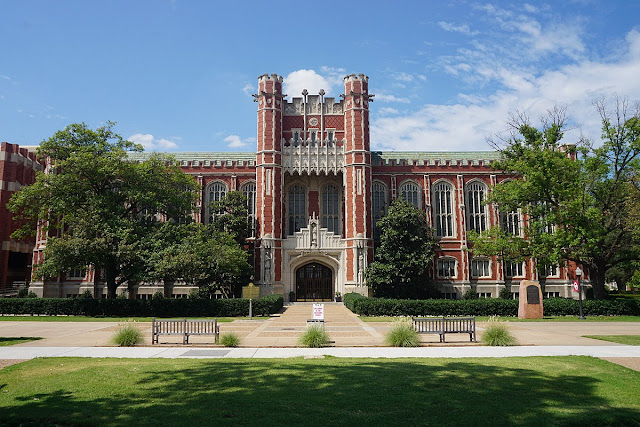Reading Notes: Japanese Fairy Tales, Part B
I was SAD at the end of Uraschimataro and the Turtle. I really thought this story for the length of these stories that it was going to be all about good karma and how he let the turtle live and so the turtle then came back and brought riches and prestige in that underwater civilization! But on the flip side, it also reminded me that life keeps going even outside these short snippets of stories that we read, and that a happy "ending" is really only momentary to the person, even if the story is permanent. While I do still think the relationship with the turtle was the result of good karma to good people, the turtle's absence at the end shows that gratitude only extends so far. It is not infinite.
Even more so than the loss of his life with the princess, I was more saddened by the loss of his home when he went back to visit. His people back home had so much faith in him and his abilities, and even once he achieved greatness he was unable to share it with them. Everyone he knew back home died thinking he had been killed at sea out of recklessness, just as they had feared and warned him about. The author really set up the story to make the reader believe their would be a happy ending. I feel like the outcome is typically of a prestigious nature when the main character is portrayed at some sort of underdog with guts and skill. However, instead of ending the story with Uraschimataro meeting princess, the story went on, and he ended up losing both of his homes and loves. After writing an analysis and letting the story simmer for a bit, the ending is much sadder than I originally thought!


Comments
Post a Comment